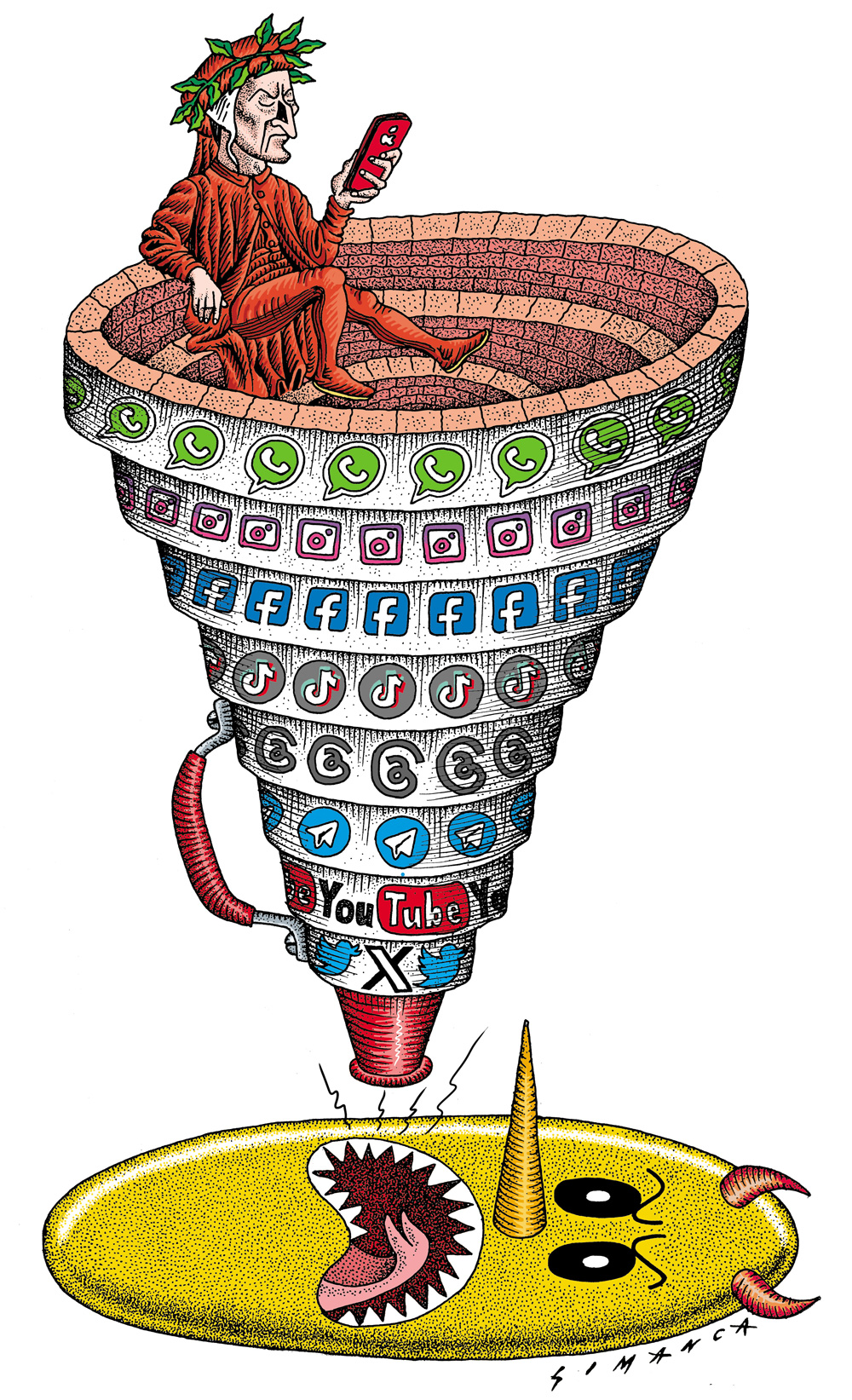
To include your event in the Briefing and Live Calendar, please fill out this form.
Weather: Sunny. Highs in the lower 70s. West winds 10 to 15 mph with gusts up to 25 mph. Thursday Night: Mostly clear. Lows in the upper 40s. See the daily weather briefing from the National Weather Service in Jacksonville here.
Today at a Glance:
The Flagler County Canvassing Board meets today at the Flagler County Supervisor of Elections office, Government Services Building, 1769 East Moody Boulevard, Bunnell. The meeting is open to the public. Check the time in the sidebar or in this chart, which includes the full year’s meeting schedule (the pdf schedule does not include the dates and times of required Canvassing Board meetings which may be necessary due to a recount called locally or statewide.) The board is chaired by County Judge Andrea Totten. This Election Year’s board members are Supervisor of Elections Kaiti Lenhart and County Commissioner Dave Sullivan. The alternates are County Judge Melissa Distler and County Commissioner Donald O’Brien. March-April meetings are for the presidential preference primary, such as it is. See all legal notices from the Supervisor of Elections, including updated lists of those ineligible to vote, here.
Drug Court convenes before Circuit Judge Terence Perkins at 10 a.m. in Courtroom 401 at the Flagler County courthouse, Kim C. Hammond Justice Center 1769 E Moody Blvd, Bldg 1, Bunnell. Drug Court is open to the public. See the Drug Court handbook here and the participation agreement here.
Story Time for Preschoolers at Flagler Beach Public Library, 11 to 11:30 a.m. at the library, 315 South Seventh Street, Flagler Beach. It’s where the wild things are: Hop on for stories and songs with Miss Doris.
‘Bonnie and Clyde, the Musical,’ at Daytona Playhouse: March 29, 30, April 4, 5, 6, 12, 13 at 7:30pm, March 31, April 7, 14 at 2:00pm. Tickets: $25, $24 and $15 depending on age. Book here. When Bonnie and Clyde meet, their craving for excitement and fame send them chasing their dreams. Forced to stay on the run, the lovers resort to robbery and murder to survive. As the infamous duo’s fame grows bigger, the end draws nearer in this exciting musical.
Notably: Last May an Axios-Ipsos poll found that gun violence tied opioids as Americas’ top concern. Naturally, Congress responds by renewing the ban on any gun-violence research at the Centers for Disease Control, a ban in effect since 1996, when the Newt Leroy Gingrich Congress threatened to end the CDC altogether if it continued research. The NRA, America’s own white-collar terrorist organization, ramped up its war on the CDC in 1995, when its propaganda framed CDC gun research as “terrifically biased,” in the words of an emergency room physician called Edgar Suter, an NRA mercenary who was part of Doctors for Integrity in Policy Research, the Frontline Doctors of its day. (In the dismal devolution of American politics we go from Doctors without Borders to Frontline Doctors, from Walter Cronkite to Steve Bannon, and of course from Obama to Trump). “These studies exaggerate the risks of guns and underestimate the deterrence effect of guns. And we have taxpayers’ money being used to subvert peoples’ natural right to self-defense,” Suter was quoted as saying in a 1995 New York Times article, using NRA terminology that subverts two centuries of constitutional law, and that led in 2008 to the ridiculous Heller decision, in which Antonin Scalia proved himself abler than Jayson Blair to fabricate history cloaked in “natural right” theology. The “natural right” school of law is a pernicious conservative movement favored by the Federalist Society–whose judges now occupy a plurality of federal benches–that’s a cousin of the “intelligent design” school of theology, itself a kin to attempts to supplant the secular Constitution with allegedly and prevailing god-given rights. All of that places law in a subordinate position to the invented conceits of what, yet again, will gush into the Heller decision, all the while continuing the ban on gun research. From an American Journal of Public Health paper in 2018: “The Dickey Amendment arose in response to efforts made in the early 1990s to begin treating gun violence as a public health issue. In 1992, the US Centers for Disease Control and Prevention (CDC) converted its violence prevention division into a center that would lead federal efforts to reduce deaths and injuries resulting from violence. Soon, studies funded by the center began to draw attention to the gun issue. In particular, a 1993 study by Arthur Kellermann and his colleagues revealed an increased risk of homicide associated with presence of a firearm in a home.1 The Kellermann study and other similar investigations struck a nerve and began to receive widespread attention in newspapers and other media. The National Rifle Association (NRA) accused the CDC of being biased against guns and began lobbying for the elimination of the injury prevention center. Although the center survived, the NRA persuaded its allies in Congress to take action. Led by Representative Jay Dickey of Arkansas, they added a provision to a 1996 spending bill declaring that “[n]one of the funds made available in this title may be used, in whole or in part, to advocate or promote gun control.”2 Congress also stipulated that $2.6 million of the CDC’s budget, which was the amount spent on firearm injury research during the previous year, would be specifically earmarked for research on traumatic brain injuries.” Onto the next mass shooting.
—P.T.
View this profile on Instagram
![]()
The Live Calendar is a compendium of local and regional political, civic and cultural events. You can input your own calendar events directly onto the site as you wish them to appear (pending approval of course). To include your event in the Live Calendar, please fill out this form.
January 2026
Flagler Beach United Methodist Church Food Pantry
Flagler County Drug Court Convenes
Model Yacht Club Races at the Pond in Palm Coast’s Town Center
Palm Coast Beautification and Environmental Advisory Committee
Flagler Beach City Commission Meeting
Free For All Fridays With Host David Ayres on WNZF
Scenic A1A Pride Meeting
Friday Blue Forum
Acoustic Jam Circle At The Community Center In The Hammock
Flagler Beach Farmers Market
Coffee With Flagler Beach Commission Chair Scott Spradley
Grace Community Food Pantry on Education Way
Gamble Jam at Gamble Rogers Memorial State Recreation Area
Stetson University Concert Choir in Concert with Orlando Philharmonic
For the full calendar, go here.

Rihard Nixon did not like guns, and he despised the NRA. “I don’t know why any individual should have a right to have a revolver in his house,” he said in a taped conversation in the Oval Office in 1972. Never mind licensing; why couldn’t they go after handguns, period? He knew the National Rifle Association would be against it, and so would the gun makers. But “people should not have hand-guns,” he insisted, with the usual flood of expletives. A version of the conversation took place several times during his presidency, typically ending with an aide reminding him that gun control was a losing issue for the party. But Nixon persisted. When White House special counsel Charles Colson told him that the House of Representatives had stalled on a bill to curb the sale of cheap handguns known as “Saturday night specials,” Nixon was enraged. “Goddamn it!” he said.” That ought to be passed.” Years later, in that special freedom of disgraced retirement, he repeated his conviction: “Guns are an abomination.”
–From —From Dominic Erdozain’s One Nation Under Guns (2024).




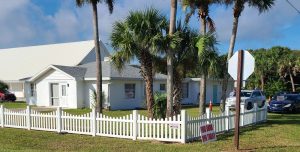

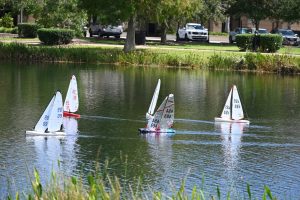
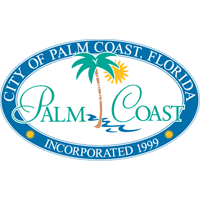
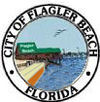

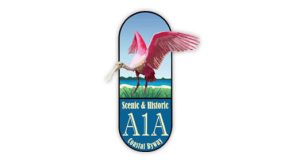

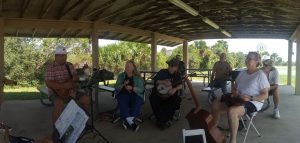

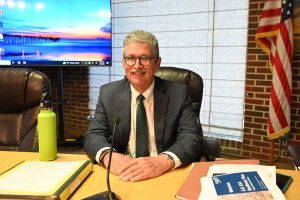

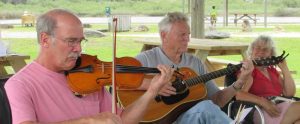


























Leave a Reply